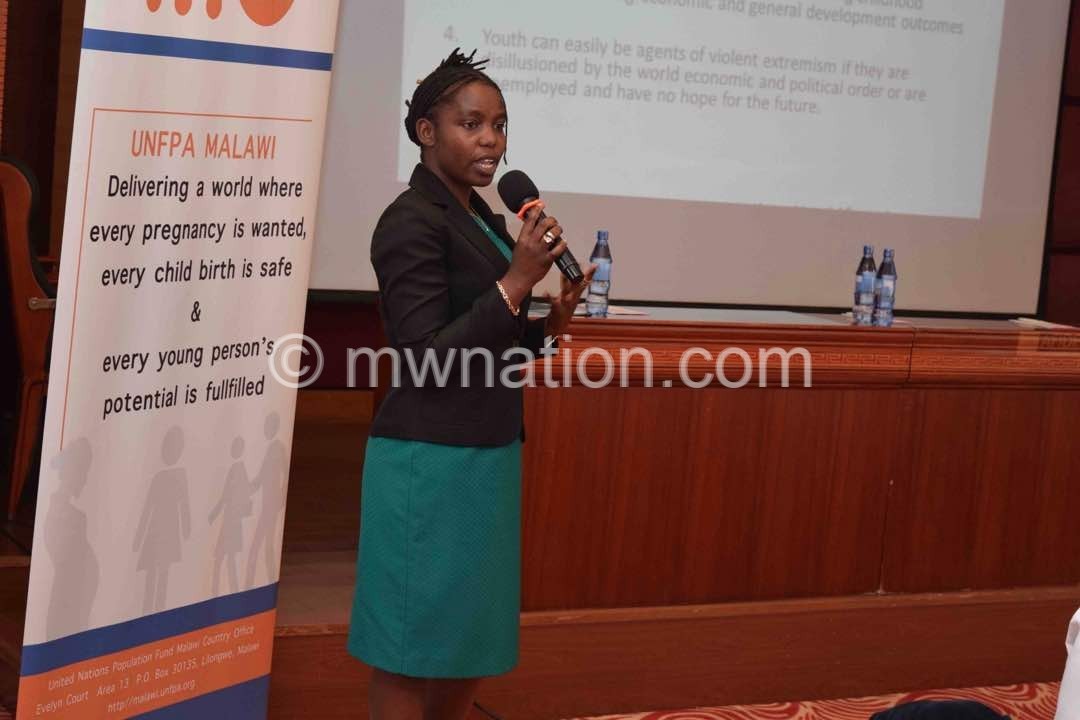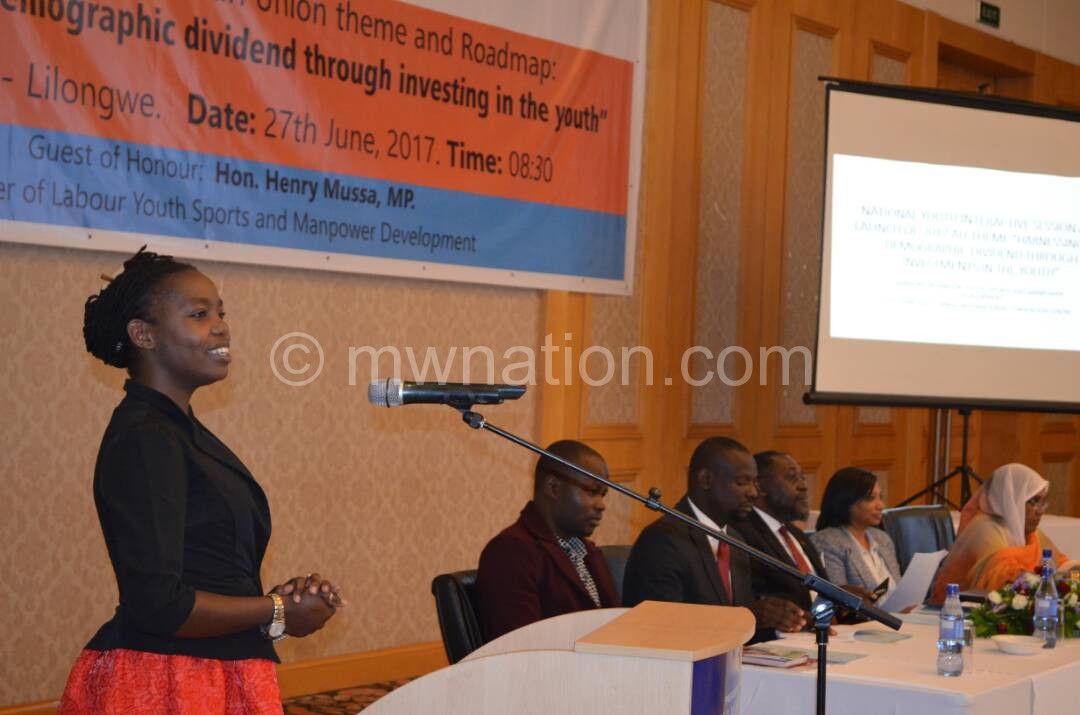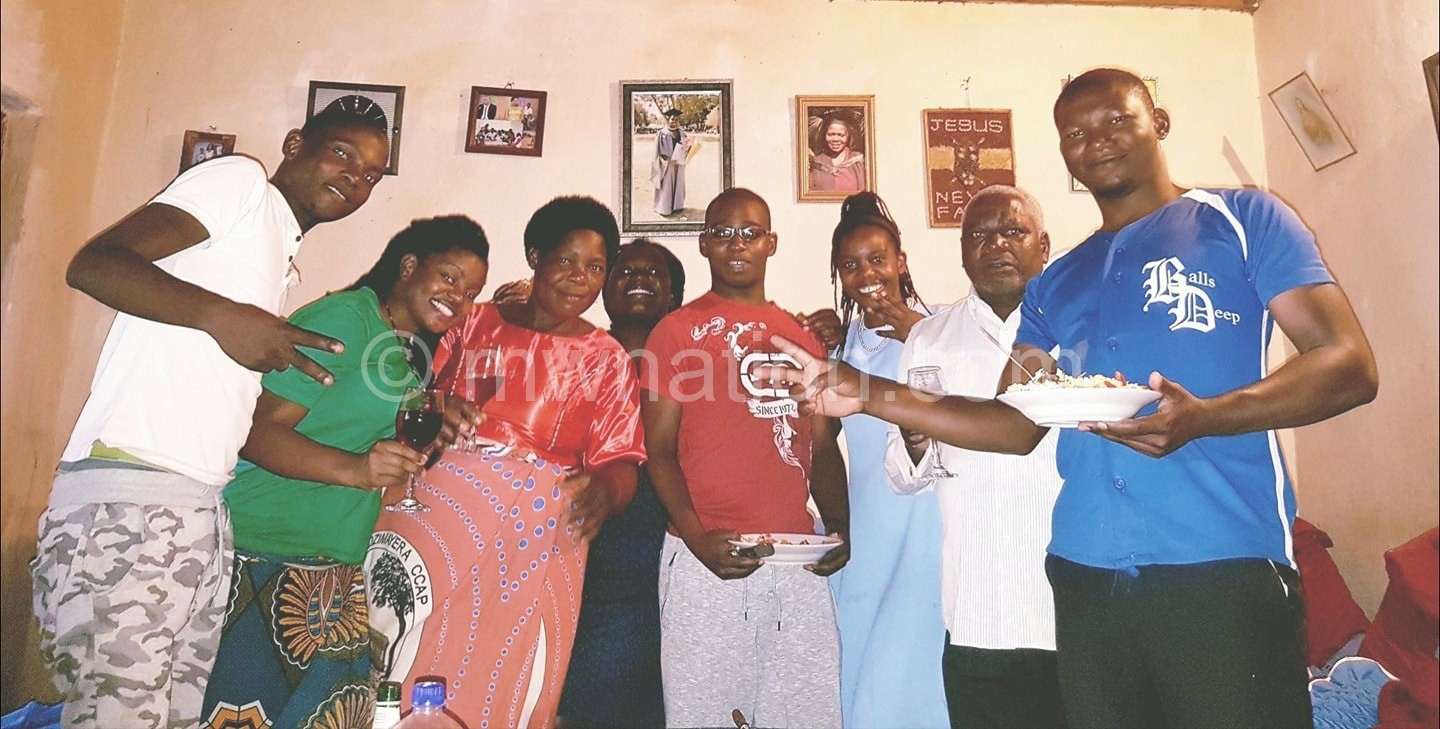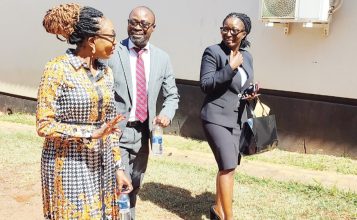Nissily Mushani: Winner of the Family Planning Leaders, 2017
The understanding that high population growth reinforces poor socio economic outcomes for poor households sparked Nissily Mushani’s interest in family planning.
She notes that in Malawi, 50 percent of girls marry by the age of 18 and 30 percent would have started child bearing by that time.

Mushani notes that despite efforts to nullify child marriages, coupled with the return to school policy, most young girls are lost on the road to developing themselves, with their dreams shattered.
“Young girls and women in rural areas are the poorest who have more children. Investing in family planning [FP] keeps girls in school; it keeps women alive and contributes to productive labour in society.
“Family Planning enables individuals and couples to control their fertility and plan their lives. We need to speak on their behalf while creating platforms for self-expression. In a number of instances, I have seen that access to information and services on FP could have made someone’s life better,” she explains.
Mushani is Malawi’s 2017 winner of the New Generation of Family Planning Leaders, an initiative under the Bill and Melinda Gates Foundation, that recognises young people working to advance FP and reproductive health in their communities. 
Humbled and excited for Malawi, she considers her win as recognition that the country is doing something positive on family planning.
Making a difference in the lives of others is what she likes about family planning.
“Knowing that I have contributed to the betterment of one person, one community, one village and probably to the development of the country brings a smile on my face. Much of my work has involved advocating or spearheading changes in policies with regards to FP and population and development.
“The first point of making sure something is to be implemented is to ensure making it part of government policy. I am happy to have contributed to a few of such policies in my line of work,” she points out.
Prior to joining African Institute for Development Policy (Afidep), the young woman was a principal economist in the Ministry of Economic Planning and Development, where among other things she was responsible for coordinating the implementation, monitoring and evaluation of the National Population Policy and its related programmes.

She also worked with other partners to mobilise political support to reposition family planning as a key strategy for sustainable development and offered technical advice to other line ministries with respect to strategy and project formulation.
“My passion is promoting prioritisation of FP in development planning at national, district and community level. In 2010, I advocated inclusion of a population sub-theme in the national development plan which led to enhancing access and delivery of reproductive health services in the country. I know that the future medium term plans of Malawi will always have this as a priority as well,” she says.
In addition to that, Mushani says she is proud of the few times she has been accorded the privilege to chat with young people or men and women about FP and development; and they understood its importance.
“Such moments have been worth my time,” she says.
Having worked in family planning for so long, Mushani feels that along the way, Malawi has shifted its focus to provision of such services and reduced efforts on Information, Education and Communication (IEC).
“There is still a need to reinvigorate campaigns on FP for the older generation and ‘future planning for the younger generation’. Our first point of entry should always be age appropriate, accurate and timely information on Sexual and Reproductive Health Rights (SRHR) to all. There is need to have gate keepers and parents involved more,” Mushani says.
She adds that there are a number of measures put in place to ensure that younger girls do not get pregnant early.
“They include life skills subjects in schools, programmes at community, district and national level targeting young girls and boys including the Safeguard Young People (SYP) programme. Most of all, government is ensuring that there is youth friendly health services (YFHS) at all levels in the country,” she says.
Mushani says there are also programmes that have been initiated to encourage parents’ participation in providing the right information to their children about SRHR.
She further notes that FP is an integral part to individual, couple, community and national development, adding that it is important to ensure that everyone is enabled to choose when they want to have a child and how many they want to have.
“Unplanned pregnancies have negative far reaching consequences such as unsafe abortions, maternal mortality, disability, dropout from school and early marriages. By providing everyone with timely and right information, we empower everyone to make that choice. Every pregnancy should be safe and wanted,” she concludes.
Mushani notes that all grown-ups have the responsibility of ensuring that young people have dreams and they should protect and nurture those dreams.
“We need to make room for those dreams to flourish. We need to provide them with role models, mentors and safe spaces,” she says.
Originally from Chitipa, the family planning advocate was born and raised in Lilongwe. She comes from a family of six children, three girls and three boys with parents that support good education with its potential to uplift an individual, a household and a community.
After primary school, she was selected to Chipasula Secondary School, but after one term she was transferred to Nkhamenya Girls Secondary school.
She holds a Master’s Degree in Economic Policy Management (EPM) obtained from the University of Zambia in 2011. Mushani said the degree accorded her the opportunity to gain knowledge, skills and team-based experience with case-oriented policy applications as a middle level policy maker.
Prior to obtaining the Master’s degree, she completed, magna cum laude, a Bachelor’s Degree in Social Sciences, majoring in Economics with a minor in Sociology at the University of Malawi in 2006.
She is a fellow for Leaders in Environment and Development- Southern and Eastern Africa (LEAD-SEA); board member of the White Ribbon Alliance for Safe Motherhood-Malawi and a member of the Women Leaders Advocates for FP/RH.
She also served as the board chairperson for the National Youth Network on Climate Change (2014-2016), and was the country coordinator for International Youth Alliance on Family Planning, 2014-2015 for Malawi.





